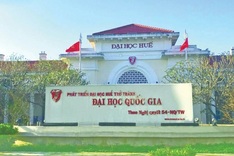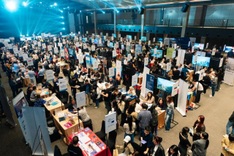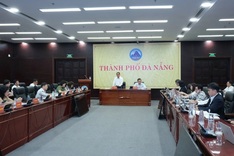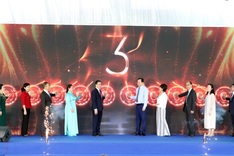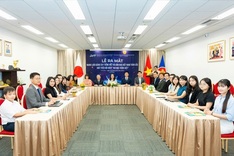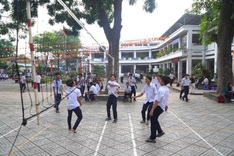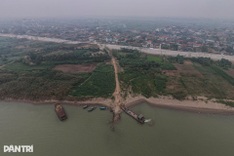Vietnam is striving for more mechanisation in agriculture and high-technology farming, but qualified graduates are unable to find jobs in the sector because companies are switching to more profitable businesses.

Le Minh Lu, a lecturer from Vietnam National University of Agriculture
While the rice-bowl Mekong Delta has achieved 75 percent mechanization, the average rate in the northern region is 20 percent, many farmers still planting and harvesting by hand. In cattle, apart from a few big companies, farmers cannot afford to use more machinery.
Le Minh Lu, a lecturer from Vietnam National University of Agriculture, said that in the past each district and province had agriculture engineers and factories making machinery. But this is no longer part of local development plans.
Graduates have a hard time finding work and many are either joining export labour programmes or participating in competing for the few positions available at FDI companies in Vietnam.
Institutes specialising in the sector say there is little funding for research and development.
"Many factories have stopped making agricultural machinery and have switched to spare parts for motorbikes, because they are cheaper to import (from South Korea and Japan)," said Nguyen Van Lang, former head of Institute of Engineering and Technology.
Only two universities still offer courses in agricultural engineering, and few students choose the field, said Le Minh Lu, a lecturer from Vietnam National University of Agriculture. Even those are struggling meet enrollment quota.
Lu said Vietnam should have an agriculture engineering department to plan sustainable domestic strategies to support farmers and improve the agriculture sector.



